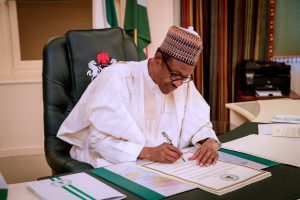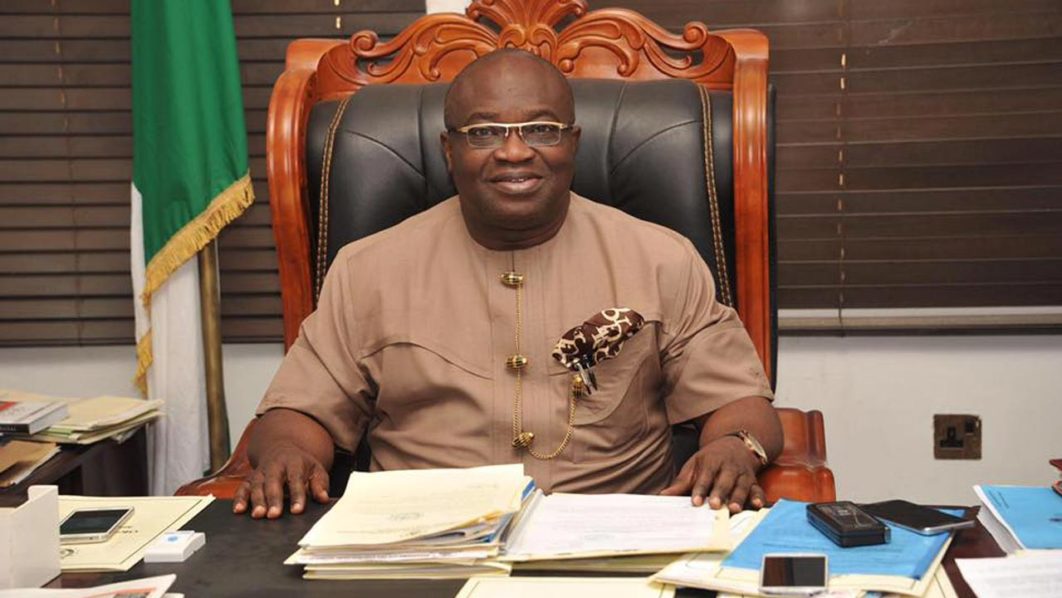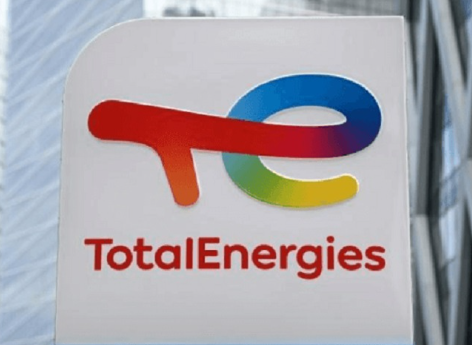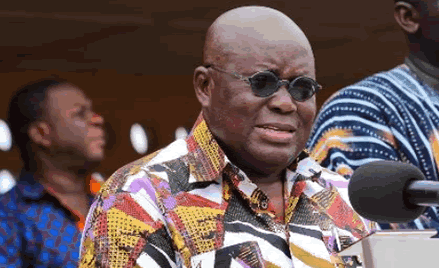Nigerians who are hoping to see the nation’s oil and gas industry truly librelised and the Nigerian National Petroleum Corporation (NNPC) privatized to deepen private investments may need to wait till after the end of the current administration in power.
This is based on the technical analysis of the submissions of the Director General of Bureau for Public Enterprises (BPE), Alex Okoh at the Association of Issuing Houses of Nigeria (AIHN) Bi-Annual Business Lunch held in Lagos last week.
BPE revealed at the event that the bureau must await the outcome of the Petroleum Industry Bill (PIB) to privatise the Nigerian National Petroleum Corporation (NNPC).
Aside PIB, the DG of BPE, who was represented by the Director, Post Transaction at the BPE, Yusuf Adamu, said the BPE was also expecting government to make definite pronouncement before privatization of the corporation would take effect.
Observers say cross-matching the body language of the presidency on full deregulation of the petroleum industry and the privatization of NNPC with the position of BPE which is now dependent on the interest of Mr. President, chances of either assenting the Petroleum Industry Governance Bill (PIGB) or privatizing NNPC remain slim.
Let’s take you down memory lane on the PIGB to better situate BPE’s veiled stance on the matter.
The Petroleum Industry Governance Bill (PIGB), which is just a fraction of a more comprehensive Petroleum Industry Bill (PIB), is the designed to be first tranche of three segments of the entire PIB.
The PIGB was first proposed some 17 years ago by stakeholders in the oil and gas sector, as an answer to the massive corruption and theft that has confronted every administration since the 1960s.
Recall that on Thursday, May 25, 2017, the Bukola Saraki-led senate broke a 17-year jinx by passing the Petroleum Industry Governance Bill (PIGB) into law.
The bill was passed after a clause-by-clause consideration and amendment of the report by the senate.
Weeks later, the House of Representatives passed its own version.
On March 28, 2018, the PIGB was harmonised and passed by the Senate and the House of Representatives.
On July 3, 2018, the PIGB arrived Aso Rock for President Buhari’s assent and in few weeks, it was denied assent.
However, as anger rages, Senator Ita Enang, Presidential Liaison to the National Assembly-Senate, attempted to clear the air on reports alluding to the reasons President Muhammadu Buhari withheld assent to the Petroleum Industry Governance Bill (PIGB).
According to Enang, “none of the reasons for withholding Aassent by Mr. President adduced by the media is true”.
Instead, Enang explained that the PIGB “unduly increases the funds accruing to the Petroleum Regulatory commission to the detriment of the revenue available to the Federal, States, Federal Capital Territory, and Local Governments in the country”.
Investigations and review of the rejected document is expected to achieve the following:
(a) Create efficient and effective governing institutions with clear and separate roles for the petroleum industry.
(b) Establish a framework for the creation of commercially oriented and profit driven petroleum entities to ensure value addition and internationalization of the petroleum industry.
(c) Promote transparency and accountability in the administration of petroleum resources of Nigeria; and
(d) Foster a conducive business environment for petroleum industry operations.
A deeper look into the Bill revealed that the most powerful body in the PIGB is the Nigerian Petroleum Regulatory Commission (“NPRC” or “the commission”).
The NPRC will serve as the supervisory body for the Nigeria oil & gas industry if the PIGB becomes law.
That means the petroleum minister will no longer be the most powerful human in the Nigerian universe. His powers will be checked by the NPRC, in a manner of speaking.
In the PIGB, the NPRC will replace the Petroleum Inspectorate, the Department of Petroleum Resources (DPR) and the Petroleum Products Price Regulatory Agency (PPPRA), and carry out their functions.
The Petroleum Equalization Fund (PEF) as presently constituted, will continue to exist.
However, the PEF Act will be repealed, and the PIGB will serve as the relevant legislation for the existence of the PEF.
PIGB means the death of NNPC as it did not recognize it.
Otherwise, the infamous NNPC will be split into smaller entities, with the assets and liabilities of this state-run oil company scattered into these smaller entities for efficiency, transparency and accountability purposes.
The NNPC will be replaced by the National Petroleum Company (NPC).
All of the nation’s refineries, the Nigerian Petroleum Development Company (NPDC) Ltd and the joint venture (JV) assets will be transferred from the NNPC to the NPC.
With PIGB, Petroleum Minister loses some powers
In the PIGB, the minister of petroleum will be stripped of most of his powers.
The minister of petroleum resources will answer to the NPRC, which will be governed by a nine-man board with a fixed tenure.
The board’s composition will include one representative each from the ministries of petroleum resources, finance, and environment.
The commission will be vested with the power to regulate the entire oil industry.
Let’s just add that the petroleum minister won’t lose all of his powers. You see, it’s not so bad after all.
The minister will retain certain powers of discretion to “do all such other things as are incidental and necessary” for the performance of his ministerial function.
The NPRC will be funded from the appropriation act through the national assembly.
In the PIGB, the federal government can sell 10 percent of its shares in the NPC in a transparent manner, within five years from the date of incorporation.
That means you can own the NPC like everyone else out there.
An additional 30 percent of the NPC’s shares will be sold within 10 years from the date of incorporation.
Business Hilights recalls that a top official of Arewa Consultative Forum, Alhaji Sani in a recent interview published in The Punch Newspaper, said the key reason why the entire North denied PDP candidate, Alhaji Atiku Abubakar votes even though he has a better development policy more than other presidential candidates was his seriousness in restructuring and privatization of NNPC which experts believe will would have opened up the economy far better.
Experts that bared their minds weekend, said considering the fact that NNPC still remains the cash cow of the Federal Government, it will take the discovery of another more powerful entity that will be giving government what NNPC is giving it monthly to fall for privatizing the Corporation.
Accordingly, they submitted that since there is no such replacement yet for the NNPC, assent to any of the divisions of PIB that provides for privatizing NNPC or fully liberalizing oil and gas sector both up and downstream may better be forgotten as far as this present administration which has won second term bid is concerned.
Okoh further disclosed that the outcome of work on the PIB and government’s decision will determine the type of structure that would form the privatization of the NNPC and the petroleum industry in general.
According to him, “The problem is that we have to understand the operations of these enterprises as the way the structure of reform in these sector takes is a different ball game. NNPC is like a holding company, there is a lot of things that carry different activities within the sector”.
Whereas the BPE boss apparently frustrated the expectations of financial and petroleum industry stakeholders on both PIB and NNPC, outspoken officials of AIHN argued that government must make key policy reforms that promote market economics, liberalize the oil and gas sector, support private sector infrastructure development for the growth of the economy.
According to them, government policies are needed to drive activities that will encourage private sector participation through Public-Private Partnership (PPP) arrangements by enabling fundraising from the capital market, in a quest to drive growth and development.









